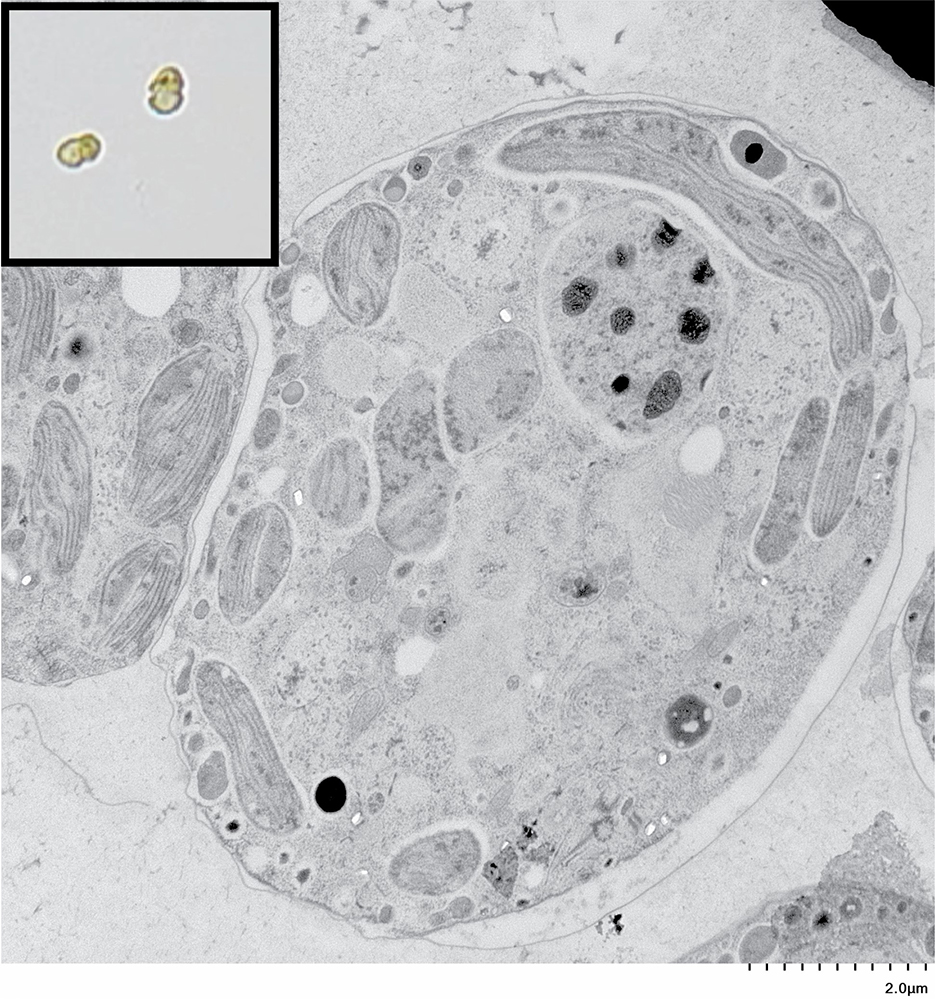Sex on the reef became a little weirder with new research suggesting algae that live in partnership with coral use a distinct way of exchanging DNA during sex.
IMB researchers investigated sex-related gene functions in a comprehensive comparative genetic analysis of algal symbionts living on reefs.
Symbiosis between corals and the algae, known as dinoflagellates, sustains the reefs, and although sex in corals is well characterised, sex in the symbiotic algae has not been directly observed.
- Genetics of coral a key to saving reefs from climate change
- Coral and algae relationship the key to understanding bleaching
Using DNA sequences from 21 strains of these algae, the study suggests the algae use a different molecular mechanism to facilitate the crossover of parental DNA during sex, bypassing the use of a protein structure called the synaptonemal complex found in other organisms including human and plants.
The synaptonemal complex is a protein structure that forms during meiosis, a process used to create sperm or egg cells.
The researchers believe this alternative mechanism is favoured by these algae due to the unusually densely packaged DNA in their cells.
Meanwhile, in a separate study, the researchers also examined the DNA of a closely-related algae found in the polar regions of the Arctic and Antarctica.

Sequencing the DNA from this free-living species, Polarella glacialis, this study found the genomes from the two geographically separate strains were nearly identical, but were structurally very different, with some DNA regions duplicated or rearranged.
The researchers also found that the strain from Antarctica has 300 million DNA bases more, making it 10 per cent larger, than the Arctic strain.
These results show how natural selection acts in complex genome structures to enable adaptation to local environments, particularly in the extreme cold, low-light conditions in the polar regions.
These two studies demonstrate how these ecologically important algae remodelled their DNA to produce new gene functions to cope with adaptation.
This research provides insight into how dinoflagellate algae evolved, and diversified, into one of the most successful organisms in marine and freshwater environments, including the formation of resilient symbiosis with a wide range of corals and other coral reef organisms in the face of global climate change.
The studies, which were a collaborative effort among researchers at IMB, Australian Centre for Ecogenomics, The University of Queensland, and Rutgers University (New Jersey, USA), were published in Scientific Reports and BMC Biology.



